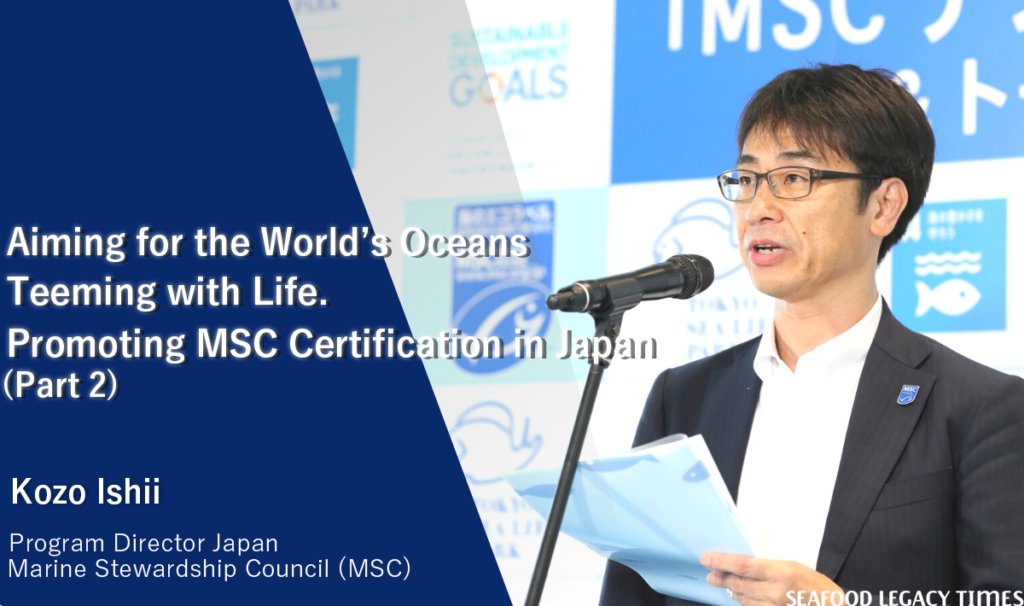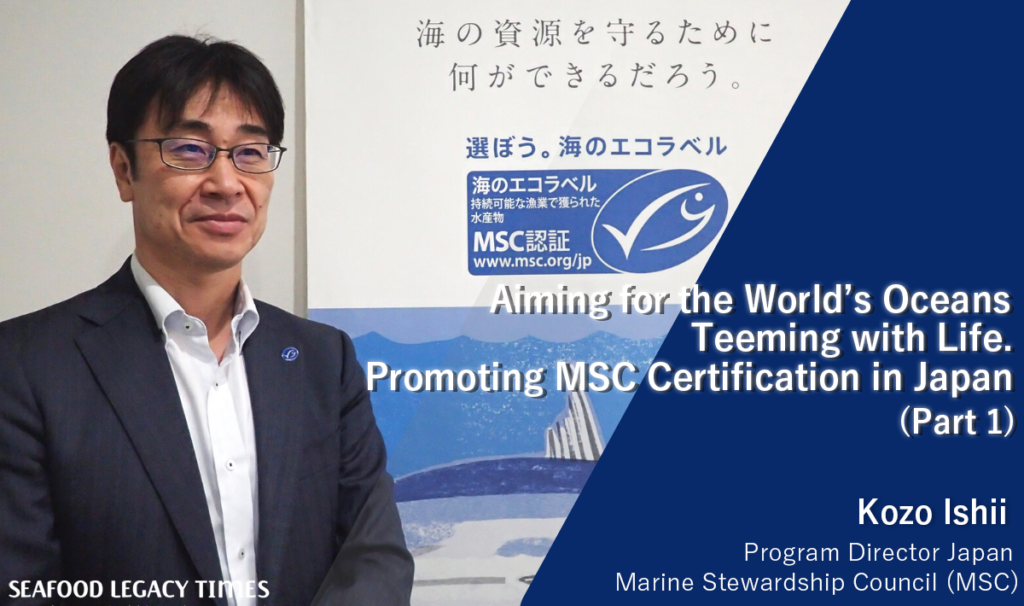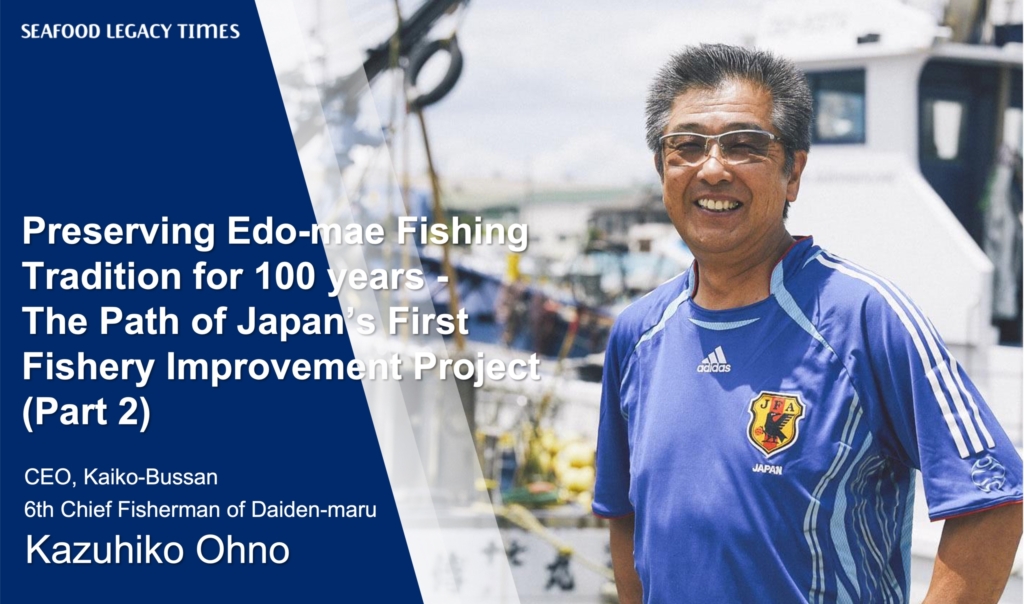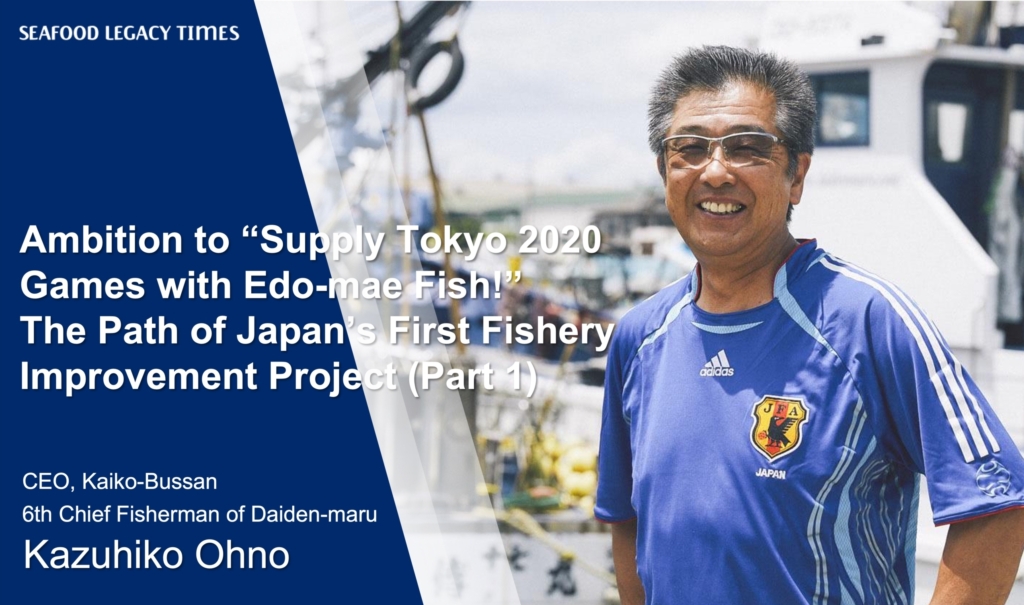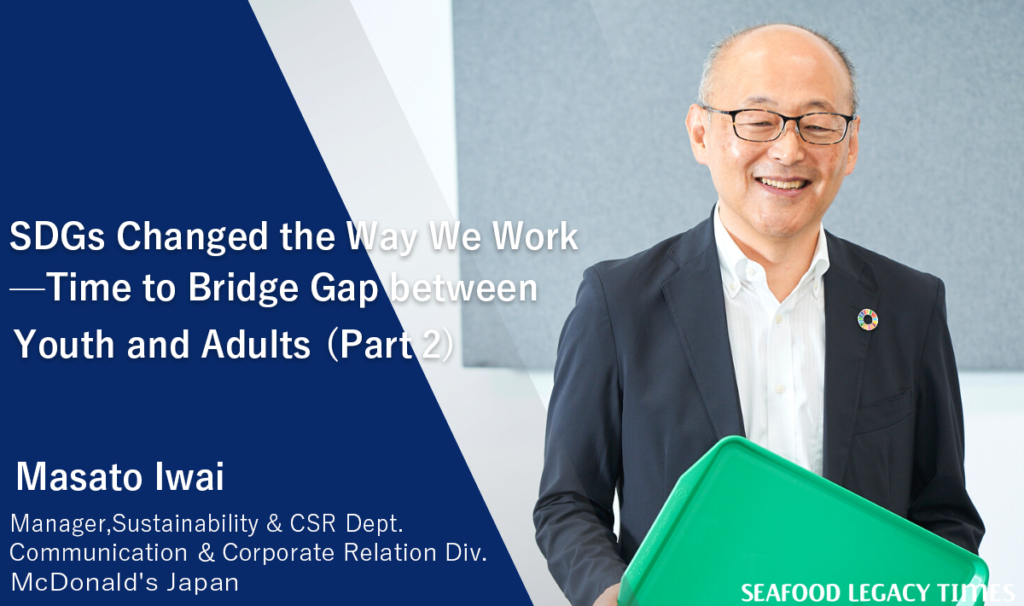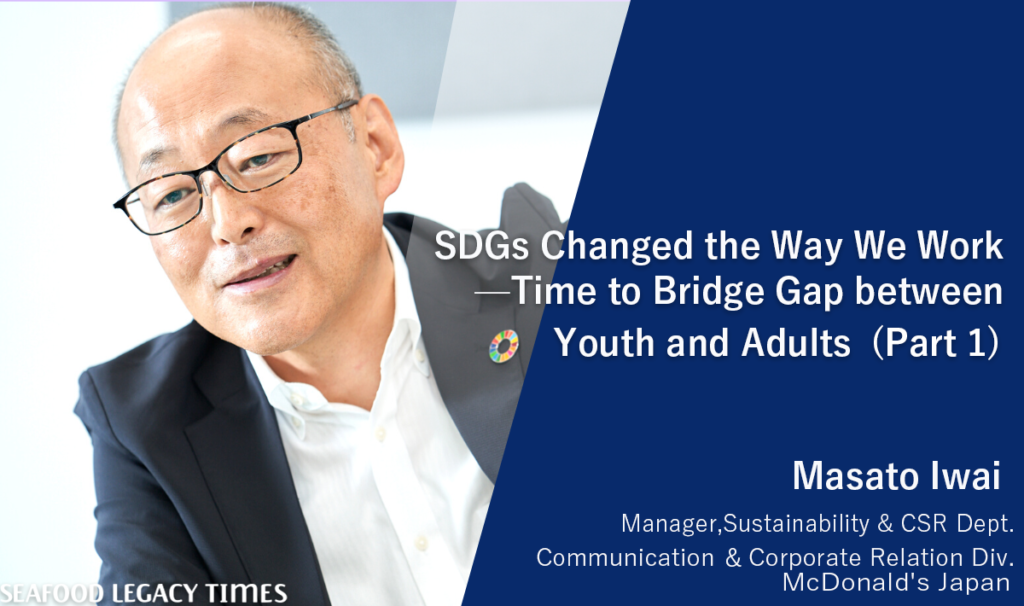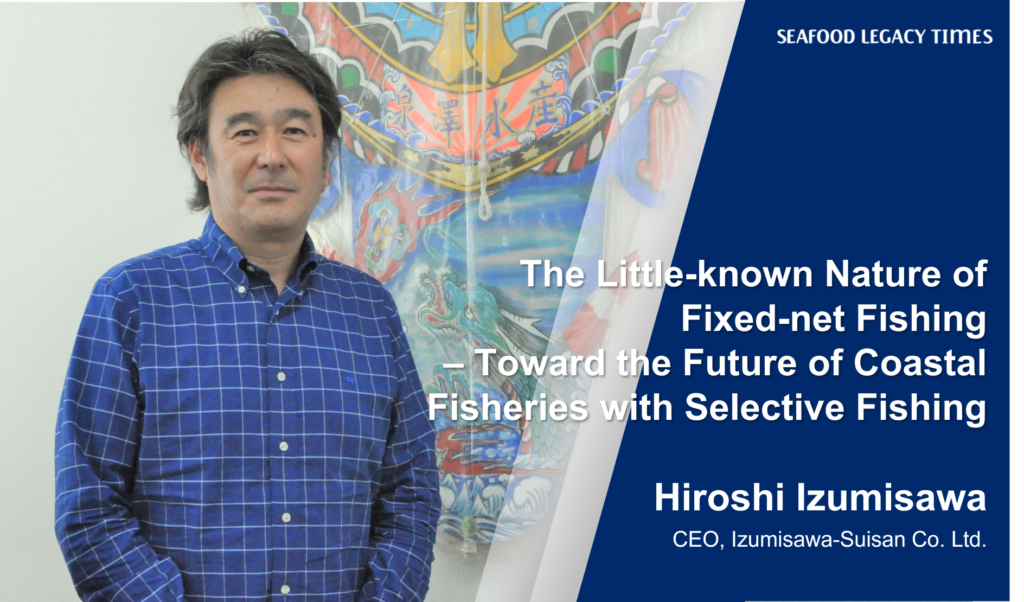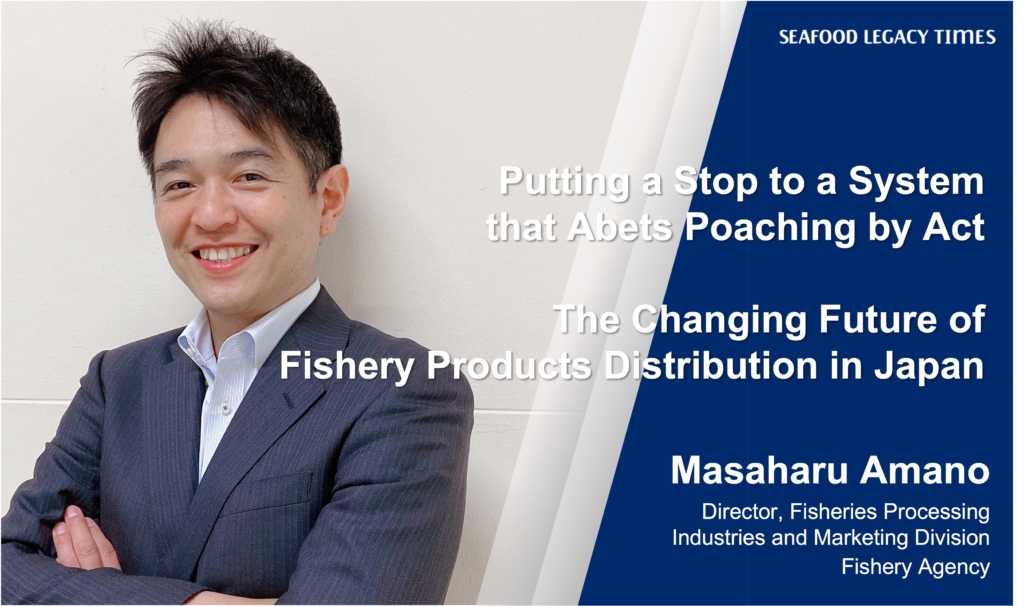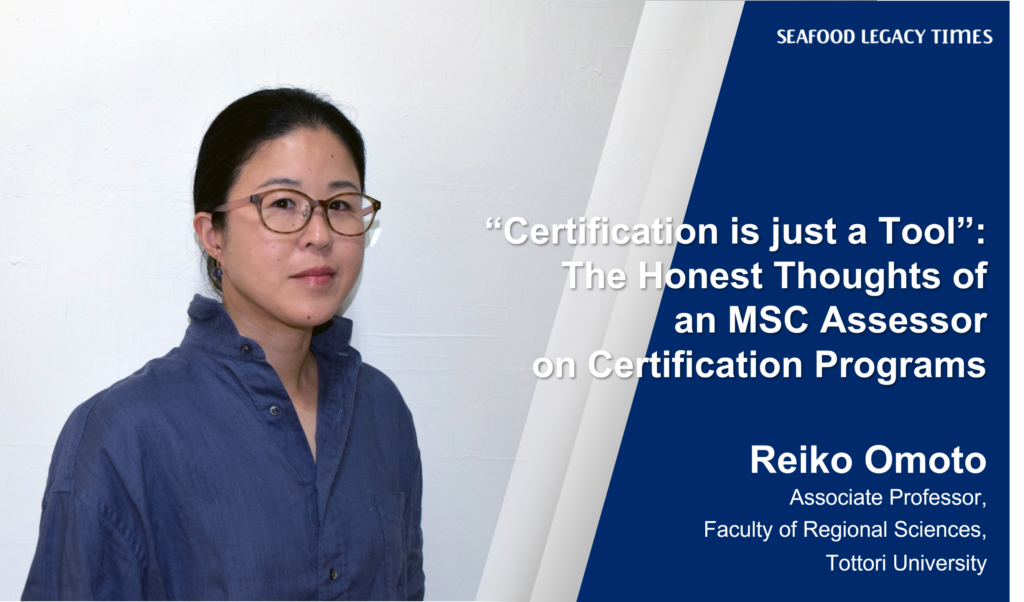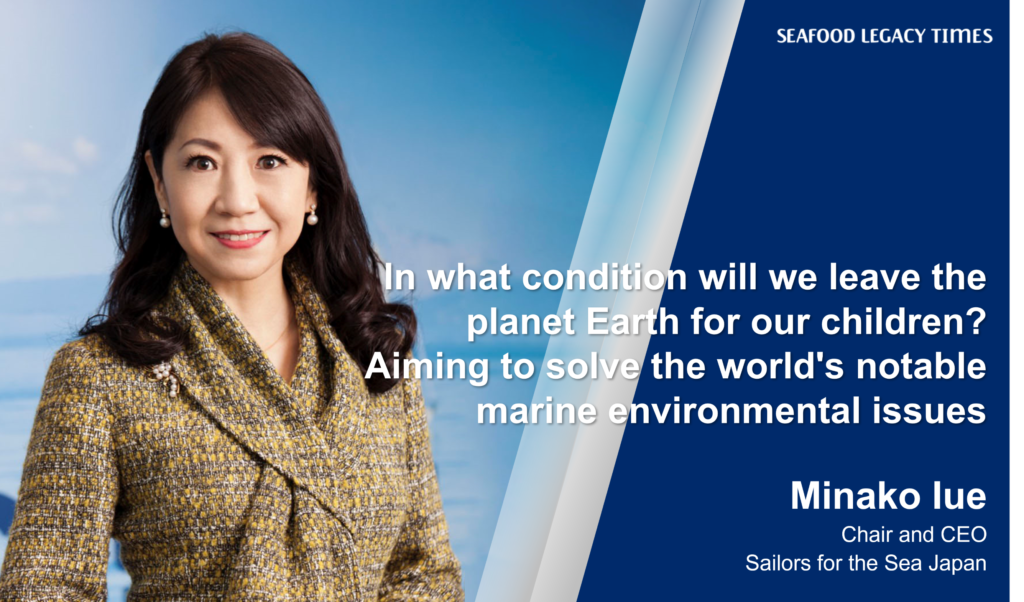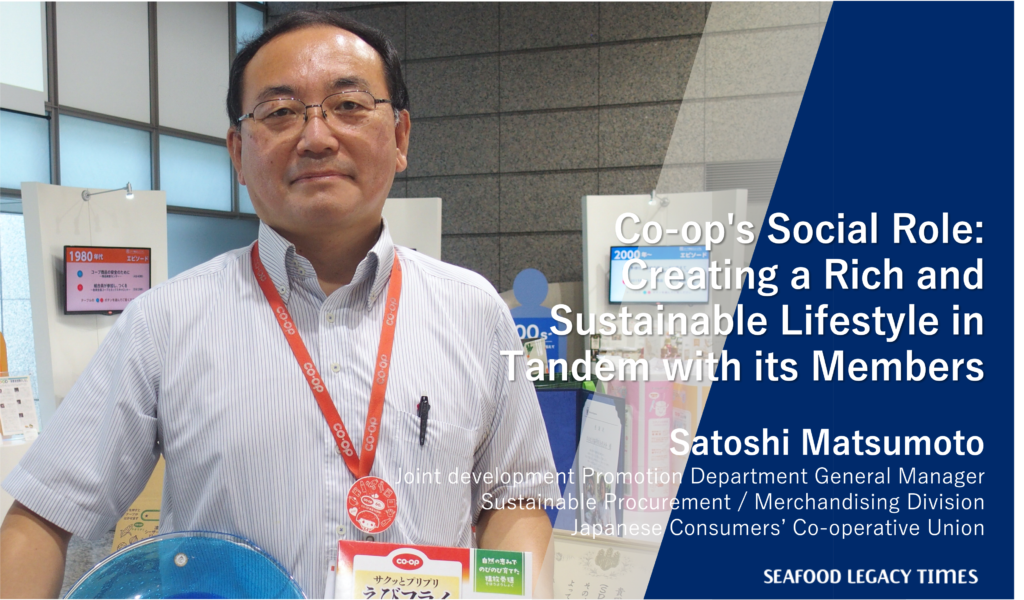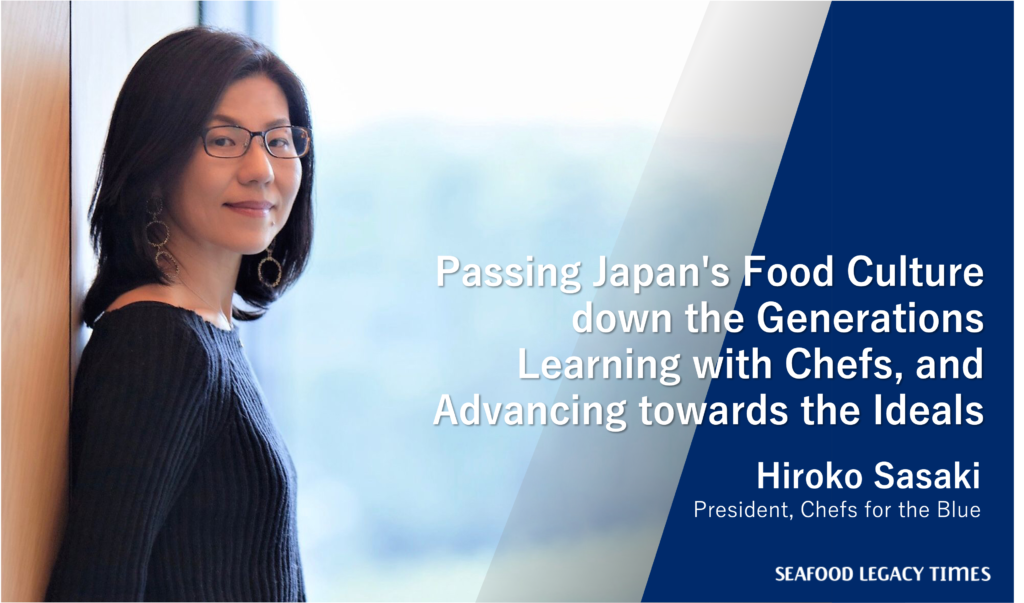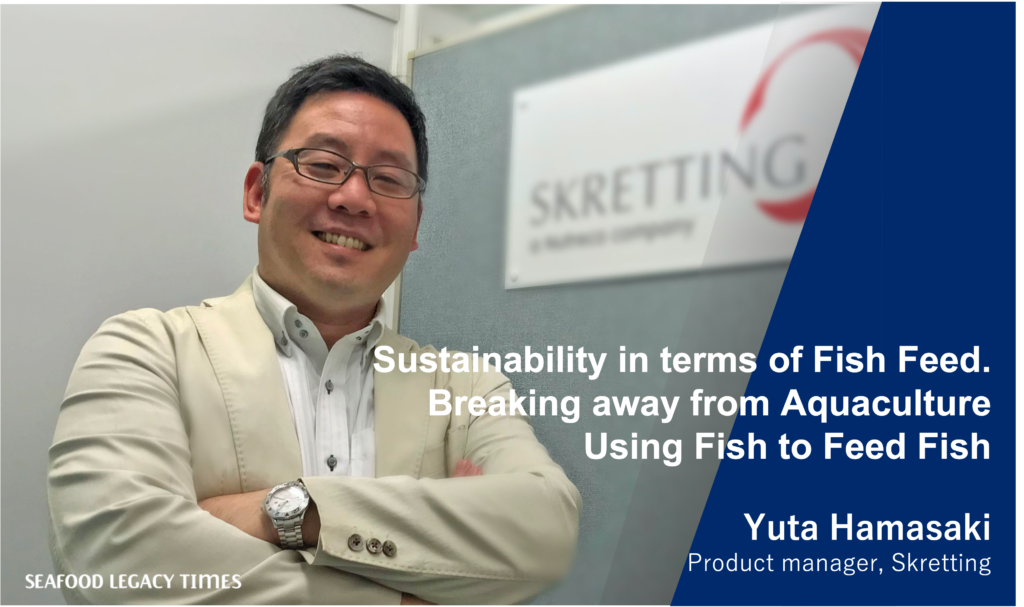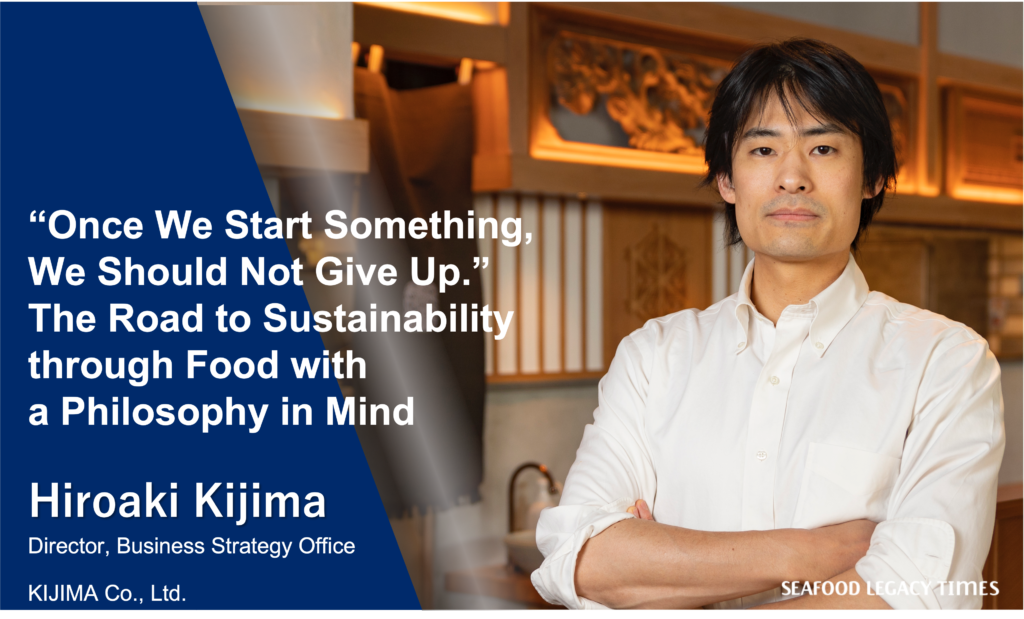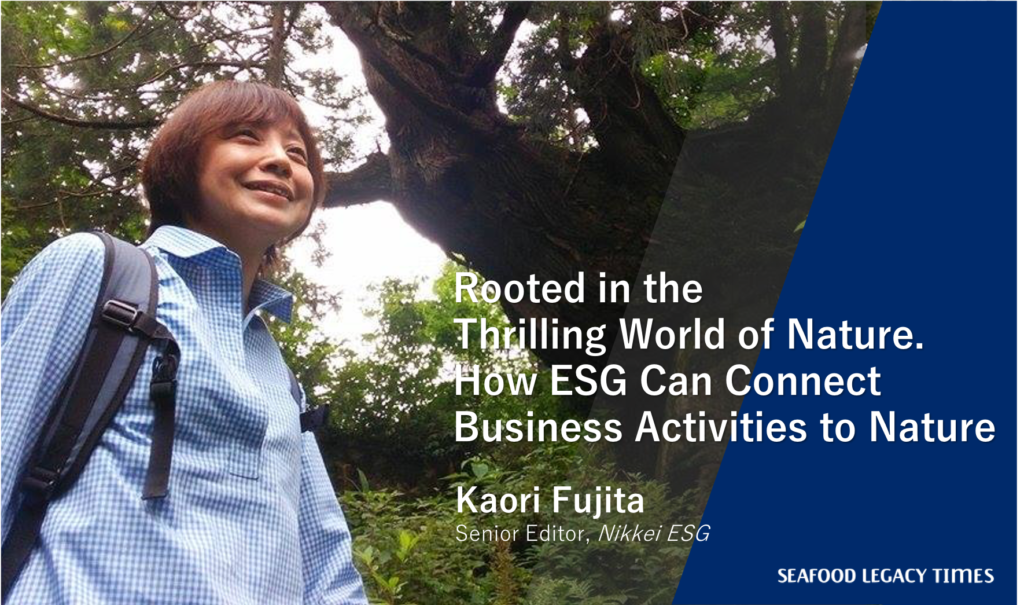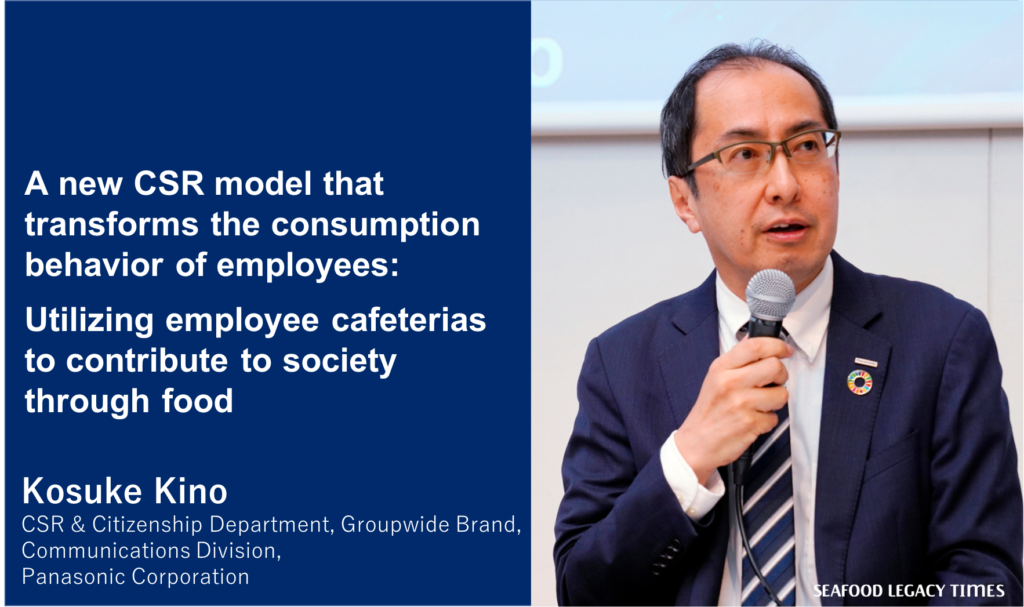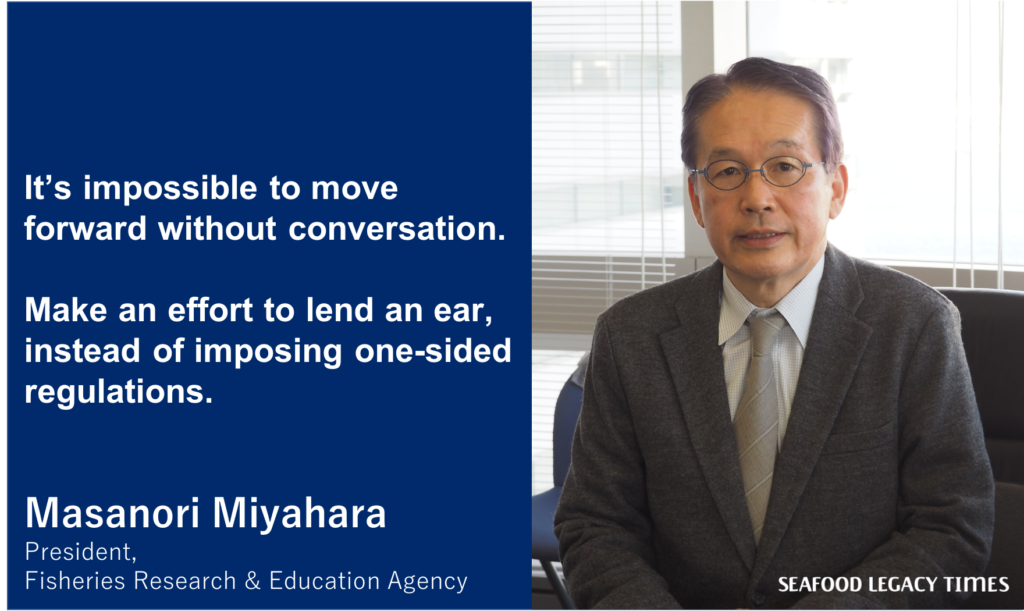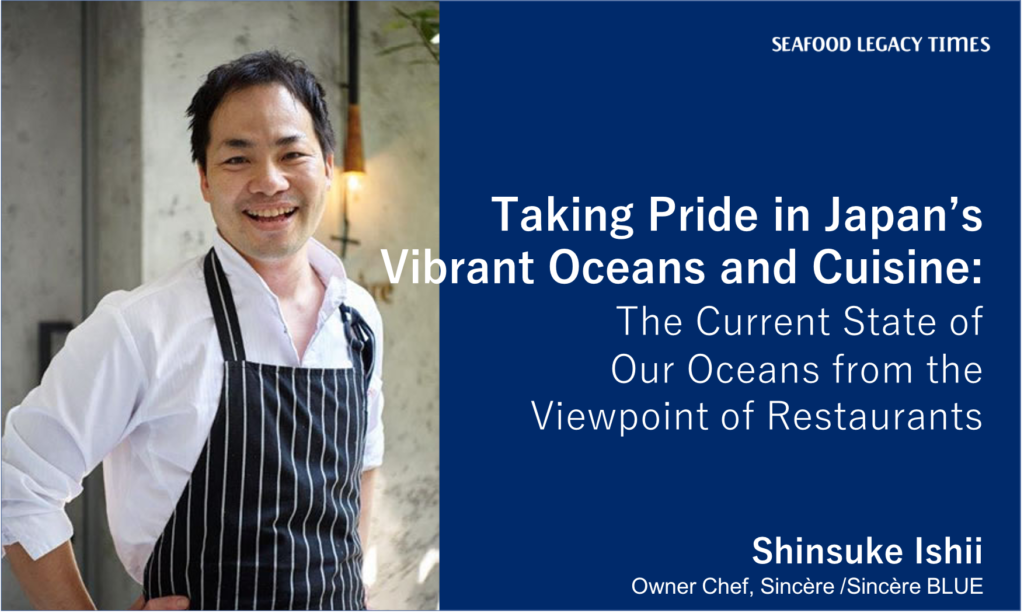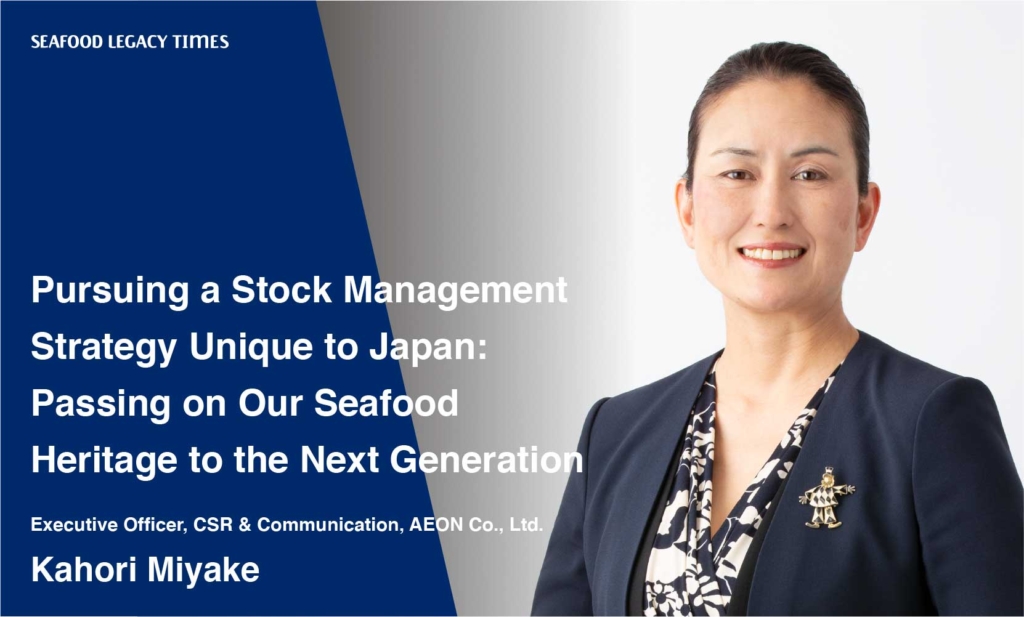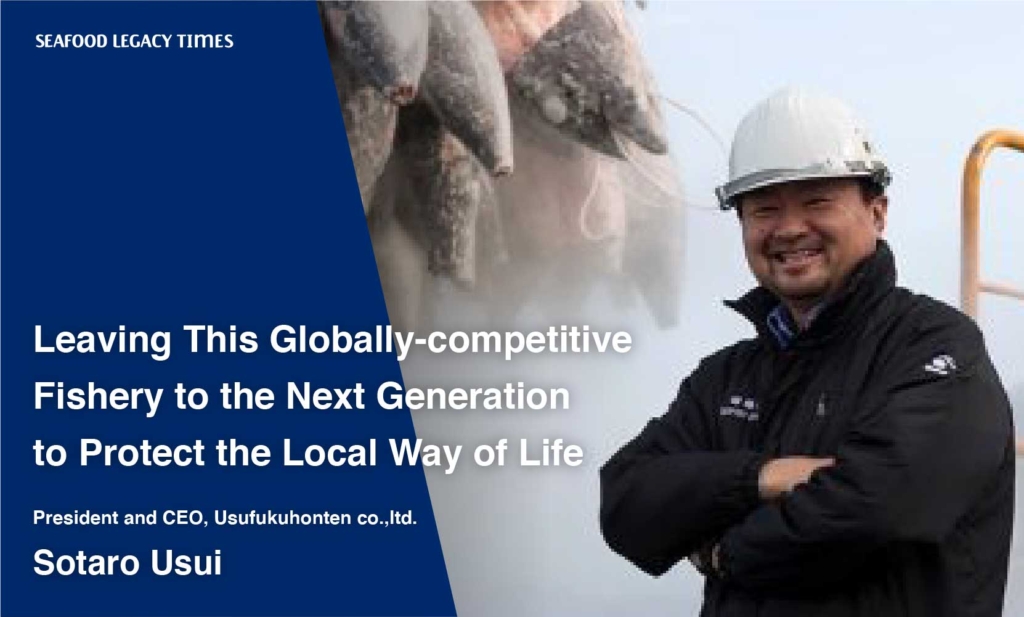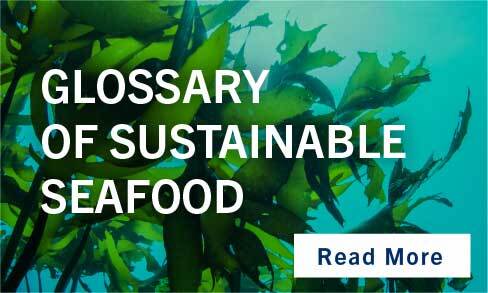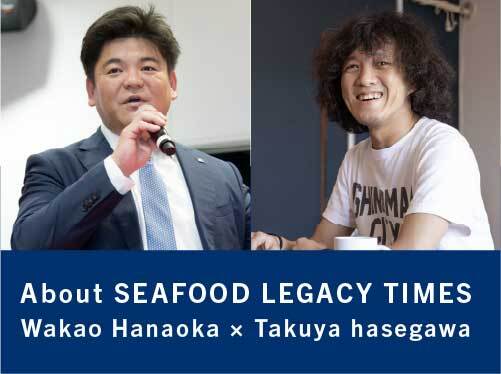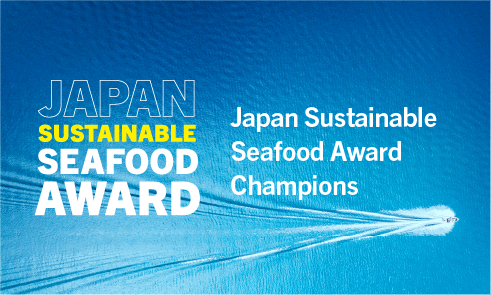
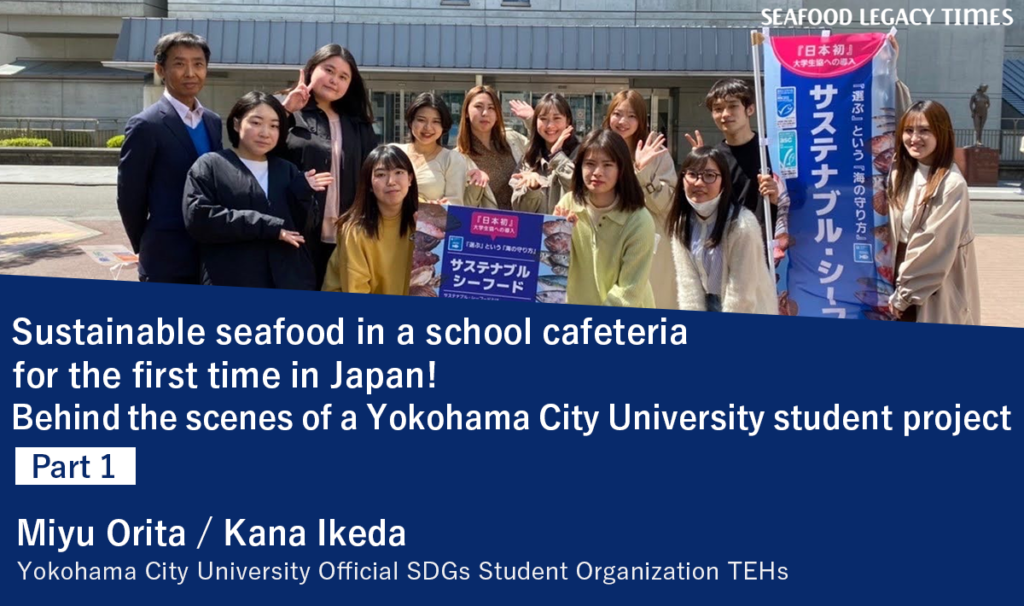
In 2022’s “Fourth Annual Japan Sustainable Seafood Awards,” TEHs was selected as a finalist in the U-30 division. TEHs is an official Yokohama City University student organization that got attention for implementing the “Sustainable Seafood Project” based on the students’ idea to bring sustainable seafood to their university cafeteria.
This March, in the 5th year since TEHs was launched, its founding members graduated. The organization is now in a period of transition and getting ready for the next steps.
We will be interviewing TEHs 3rd term members Miyu Orita and Kana Ikeda. In Part One, we will ask them about how the organization got started, what activities they do, and their hard work on the “Sustainable Seafood Project” that brought sustainable seafood to cafeteria meals for the first time in Japan.
TEHs
A Yokohama City University Official Student Organization. Student volunteers who had developed an interest in the SDGs through their university classes gathered to start the group in August 2019. In February 2020 it became an official university organization, and in May 2022 the organization became the first in Japan to bring sustainable seafood to a school cafeteria. The group celebrated its 5th anniversary in August this year, and was selected as a U-30 division finalist in the 2022 “Fourth Annual Japan Sustainable Seafood Award.” They post about their activities on Instagram ( @tehs22__/@ycu_tehs_sustainableseafoodpj ) and Twitter ( @TEHsycu ).
——What inspired the launch of TEHs, and what activities does the organization do?
Ikeda:
Some students two years above us launched TEHs because they were inspired by a class on international relations to spread awareness of SDGs among students at Yokohama City University. After that, in a class called “Environmental Theory 101,” Kosuke Kino from Panasonic Corporation gave a guest lecture. Mr. Kino was the first person in Japan to introduce sustainable seafood to an employee cafeteria, and apparently he told the students about that project. That gave our group’s founders the idea to introduce sustainable seafood to our university’s co-op cafeteria, and that was how the “Sustainable Seafood Project” started. TEHs started out with just 5 or 6 people, but now in our 5th year we have around 100 members.
The goal of TEHs is to start activities based on student ideas that go along with the SDGs. The “Sustainable Seafood Project” to bring sustainable seafood to the cafeteria is TEHs’ first and biggest project, but we have also participated in the 7th “Spo Gomi” (in July 2022) which contributes to beautifying the city by making picking up trash into a fun sporting event. We also have sign language study events, and lectures and film showings that help spread awareness about refugees.
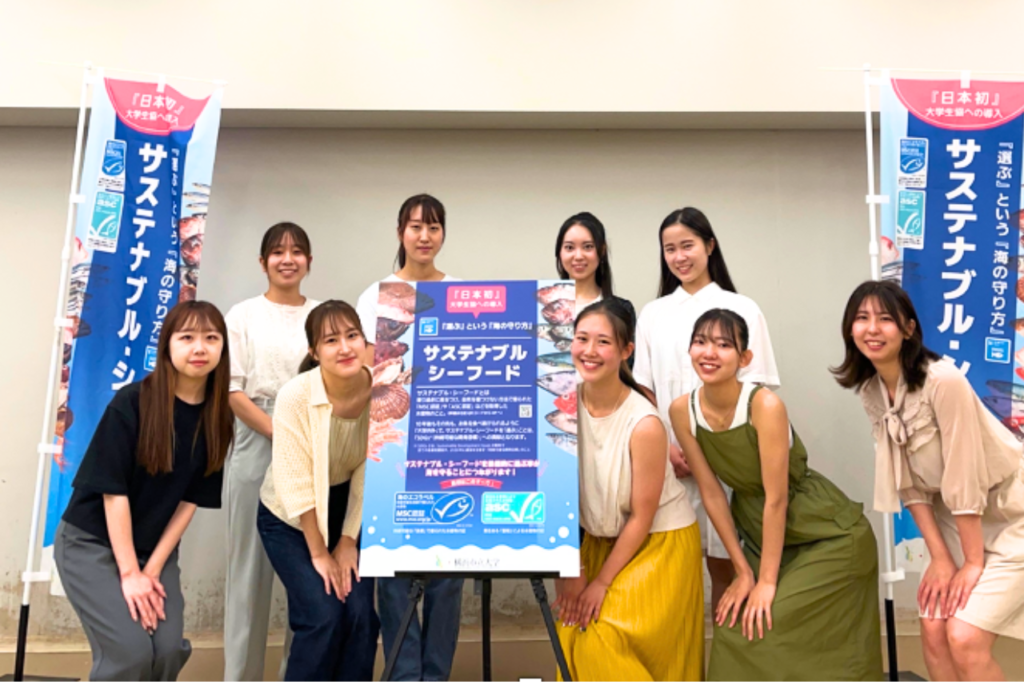 3rd and 4th term Sustainable Seafood members
3rd and 4th term Sustainable Seafood members——Why did the two of you become TEHs members?
Orita:
I learned about the SDGs for the first time in university, but I felt like it was all input and I had no opportunities for output. So I wanted to do something, even if it was just something small, and that’s why I became a TEHs member.
Ikeda:
I had been interested in community activities and the SDGs for a while, so I joined TEHs after being invited by a friend. When I actually started working on projects, there were a lot of issues that couldn’t be easily resolved, but I feel like even that has been a valuable experience for me. Students don’t normally have many opportunities to make contact with companies, so it’s also been a plus for me to be able to collaborate with companies through TEHs projects.
——How did you work with the university to accomplish the “Sustainable Seafood Project”?
Ikeda:
To provide sustainable seafood in the co-op cafeteria, we had to obtain CoC certification. There’s a fee for CoC certification, but when TEHs first started it wasn’t an official university organization yet, so it didn’t receive any funding and couldn’t pay the fee. So the fee was paid by Yokohama City University Student Support and the Yokohama City University Co-op.
So the Sustainable Seafood Project members attended a Co-op board meeting and gave a presentation about our projects and the benefits of continuing them. The board voted to approve the projects, so that’s how we’ve been able to continue them until now.
——I hear you work with a few companies for the Sustainable Seafood Project, too. How do you work with them exactly?
Ikeda:
Panasonic Corporation was the initial inspiration for the project, and they provided a lot of guidance in the beginning. They provided the panels and banners they used in their employee cafeteria to us for free. The panels and banners explained the background and significance of introducing sustainable seafood, and we put them at the cafeteria entrance to spread awareness about the Sustainable Seafood project.
Panasonic Corporation introduced us to the andBLUE Co,.Ltd. ,which helped us with the process of obtaining CoC certification. Even after we got the certification, they’ve continued to support us during the audits we have to pass to display the certification logo on signs and posters.
We purchase our ingredients from the Aeon company. Yokohama City University has an agreement with Aeon’s Kanazawa-Hakkei store, so they work with us to provide sustainable seafood.
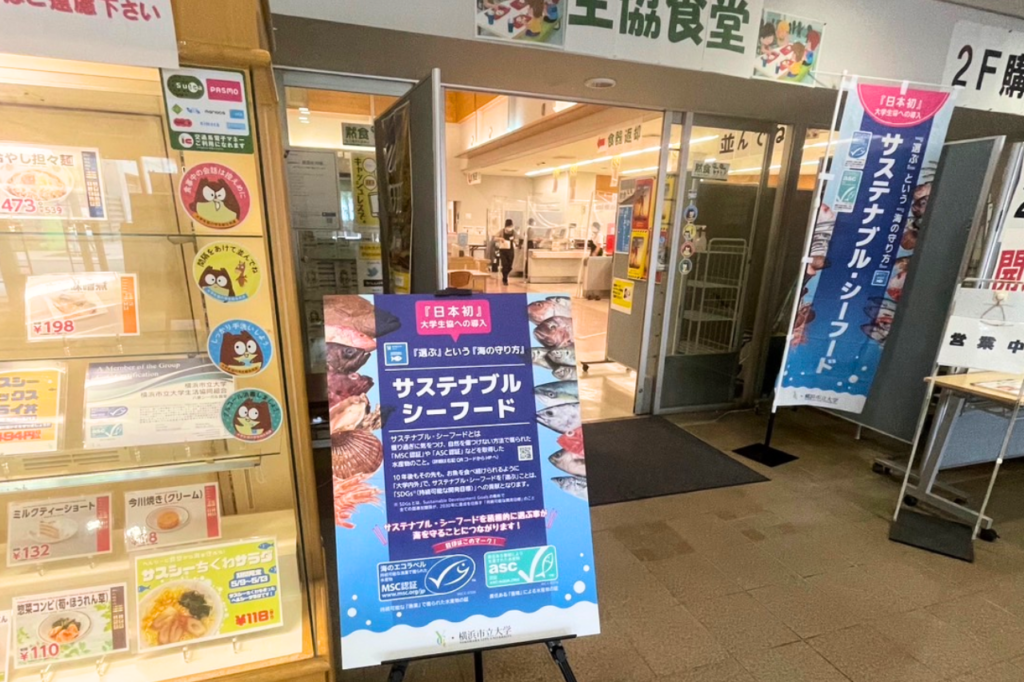 Panels and signs in front of the cafeteria
Panels and signs in front of the cafeteria——The Sustainable Seafood project is Japan’s first example of sustainable seafood being introduced to a university cafeteria. Was this difficult to achieve?
Ikeda:
First of all, we couldn’t immediately get approval to have the school pay the CoC certification fee. So the members at the time wrote up a plan and made presentations to the university for around a year. Their passion was clear, and they eventually won the university over.
Right now, we’re actually facing big hurdles just with continuing the project. Our founding members graduated this March, and carrying on their work smoothly has been a struggle. School representatives joined one of our board meetings this spring break, and Student Support criticized us saying we don’t seem as passionate as the founding members. So TEHs has had many meetings over spring break to make plans and discuss whether or not those plans are realistic, and how we want to develop TEHs for a new future.
Also, we’ve been getting our sustainable seafood from Aeon, but it’s becoming difficult for the cafeteria to provide that because of increased prices and so on. So we’ve struggled with that too, but we’ve found a new supplier and are currently working on developing a new menu from their samples.
Original Japanese text: Shino Kawasaki




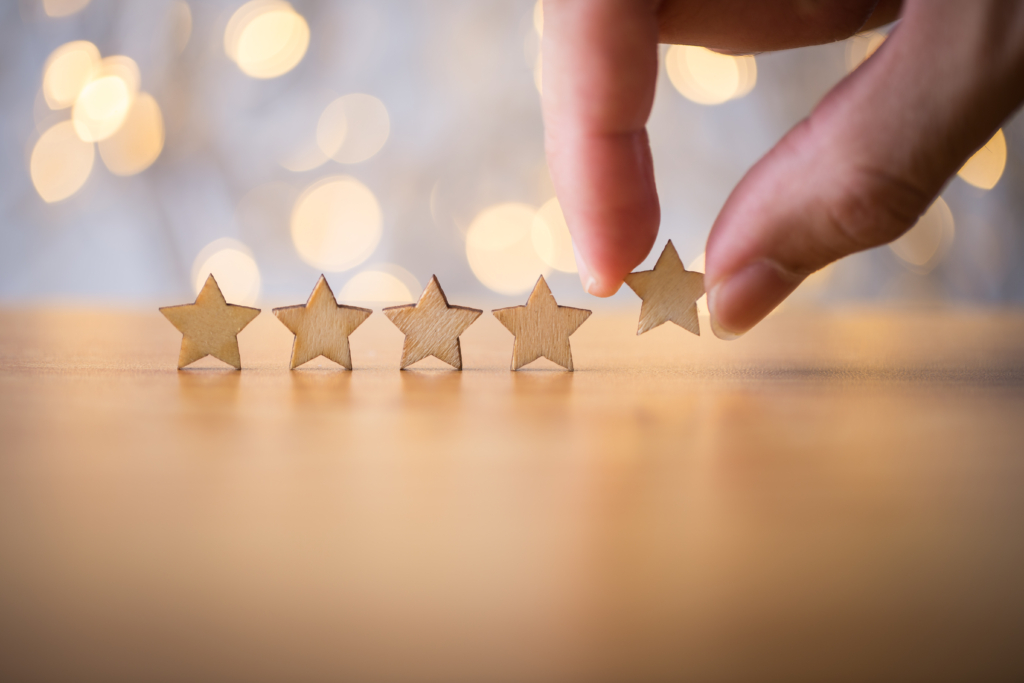




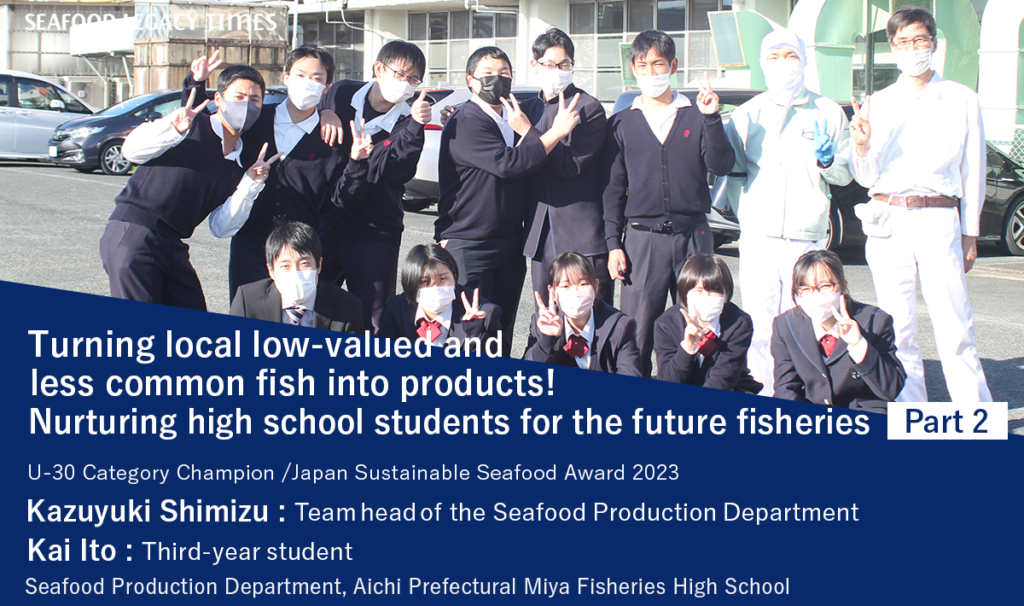
-1024x606.png)


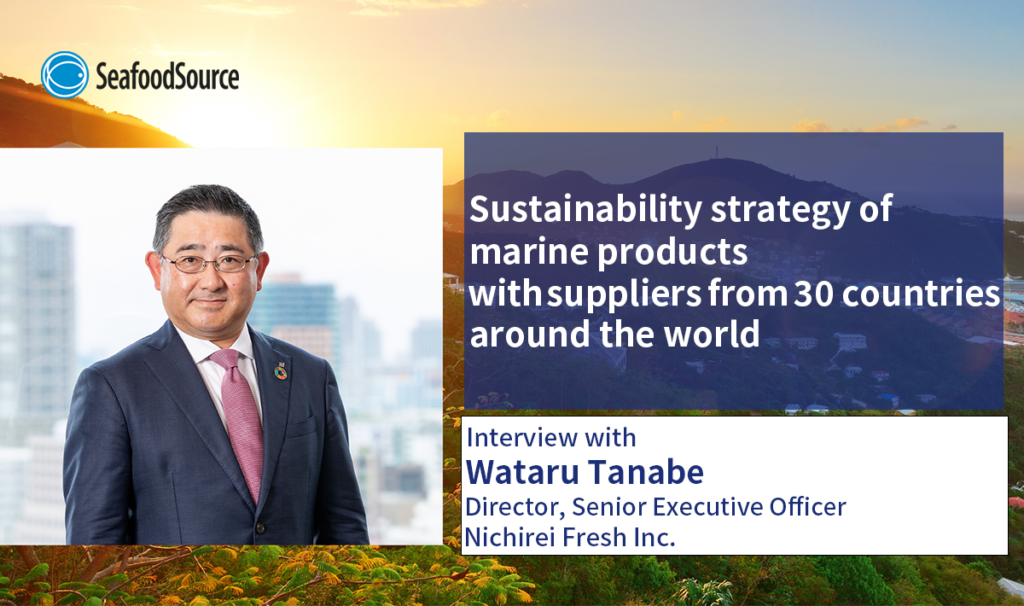
_-1024x606.png)

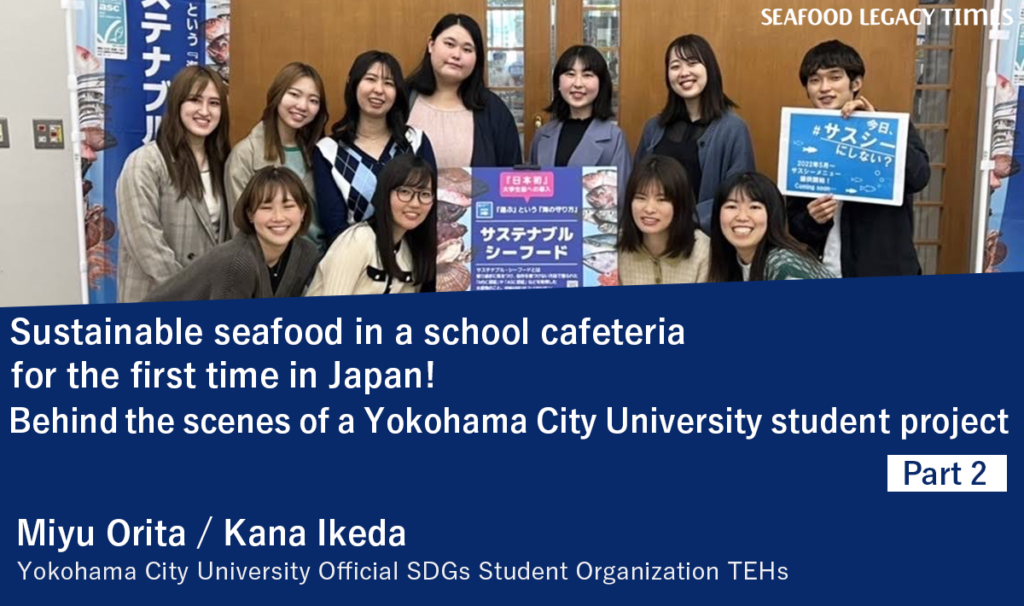

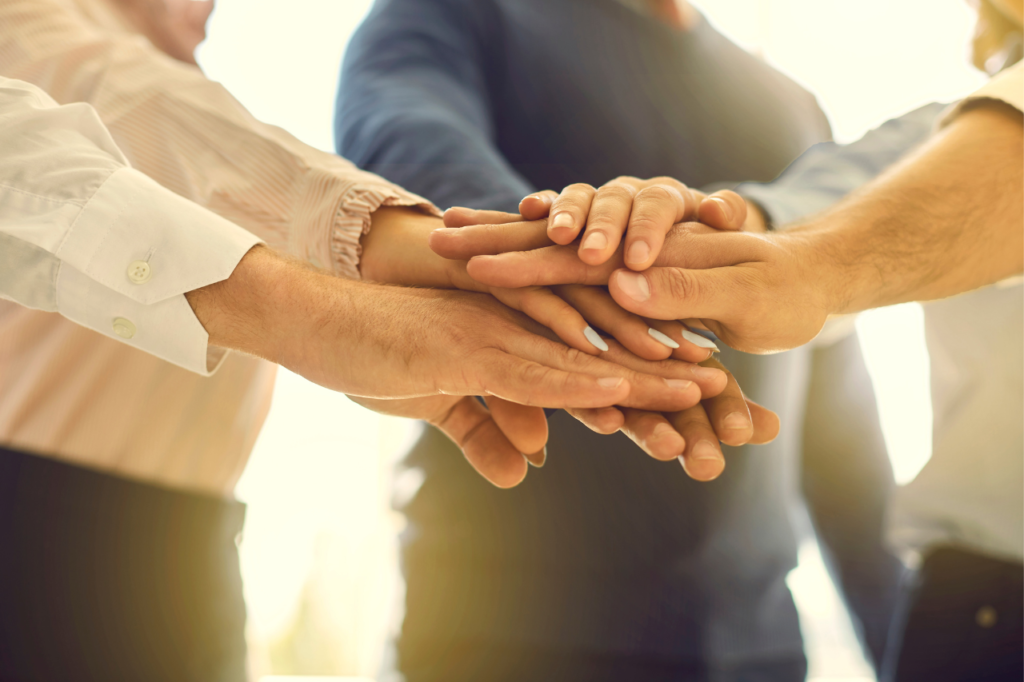


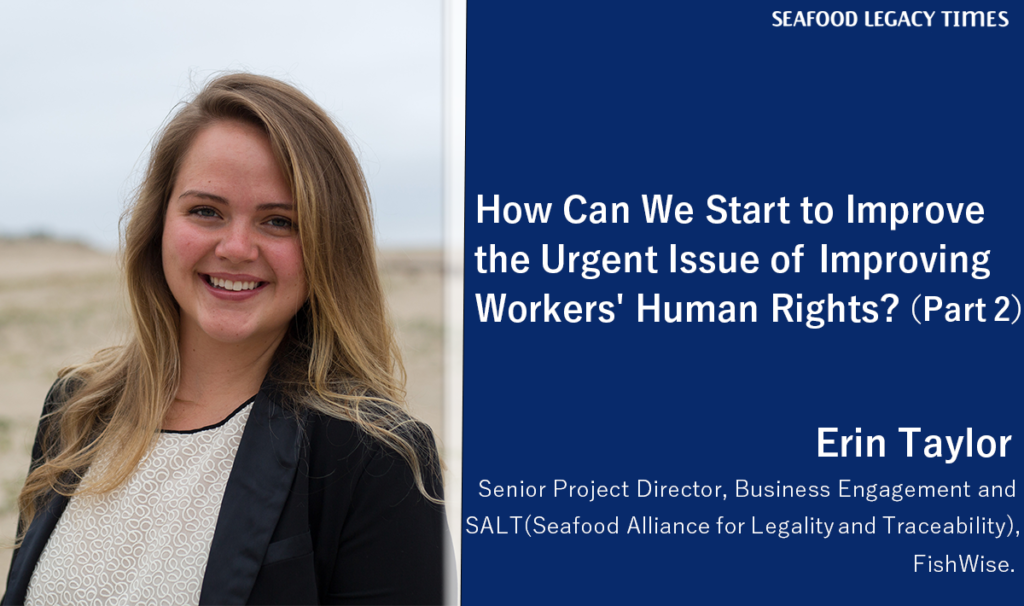
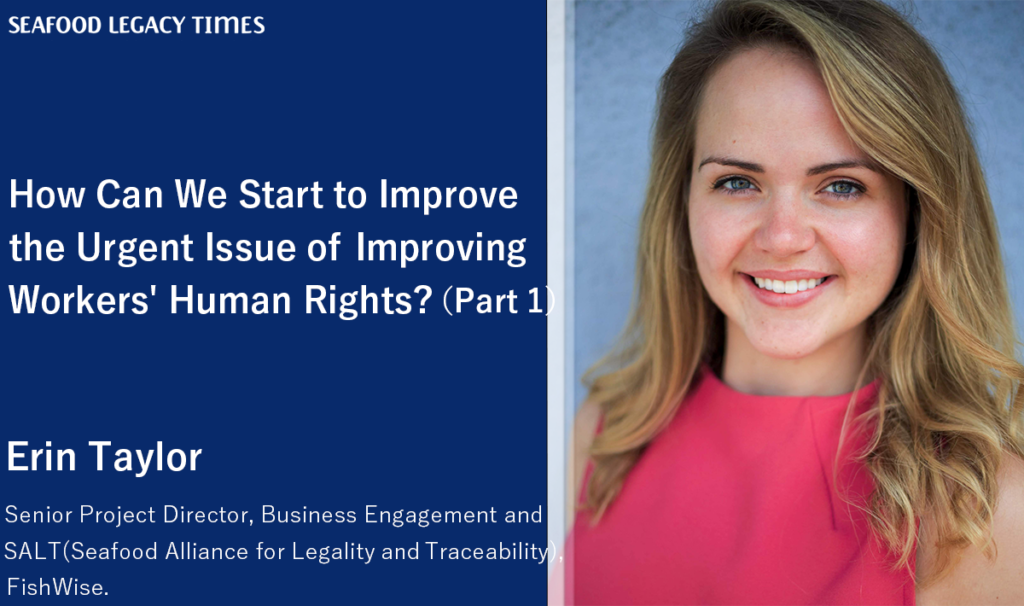
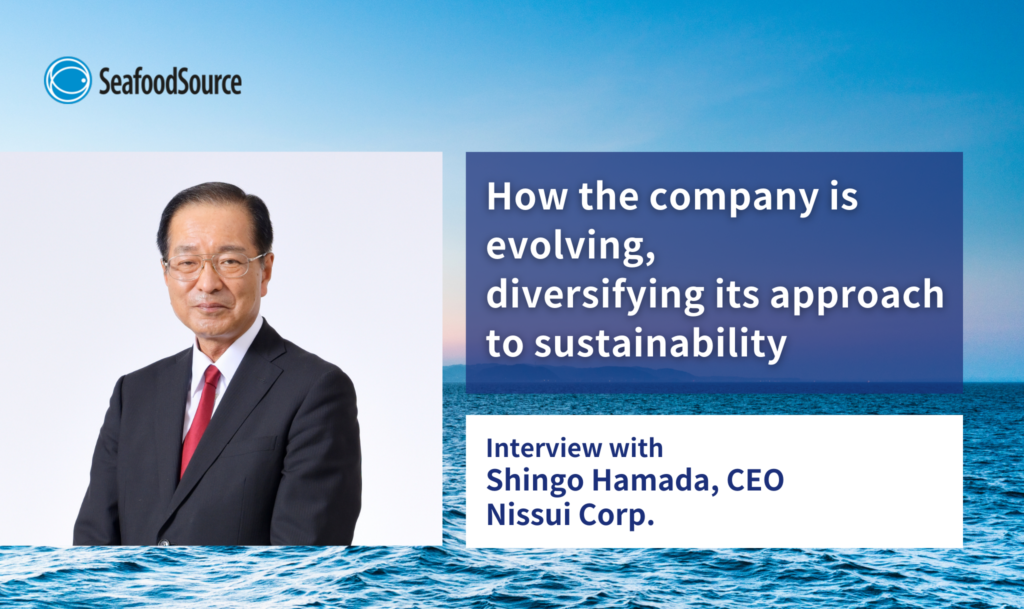




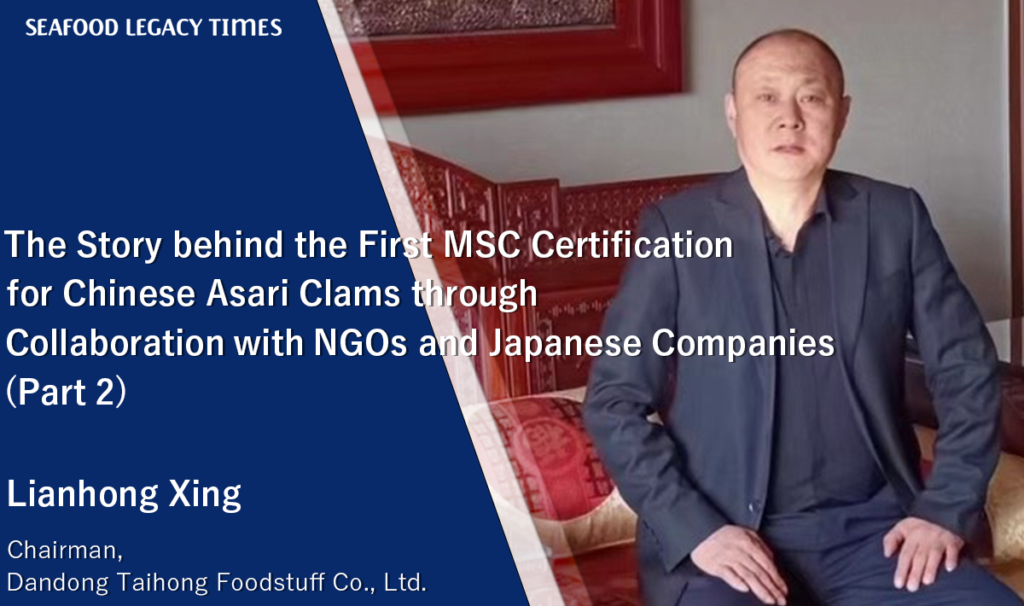
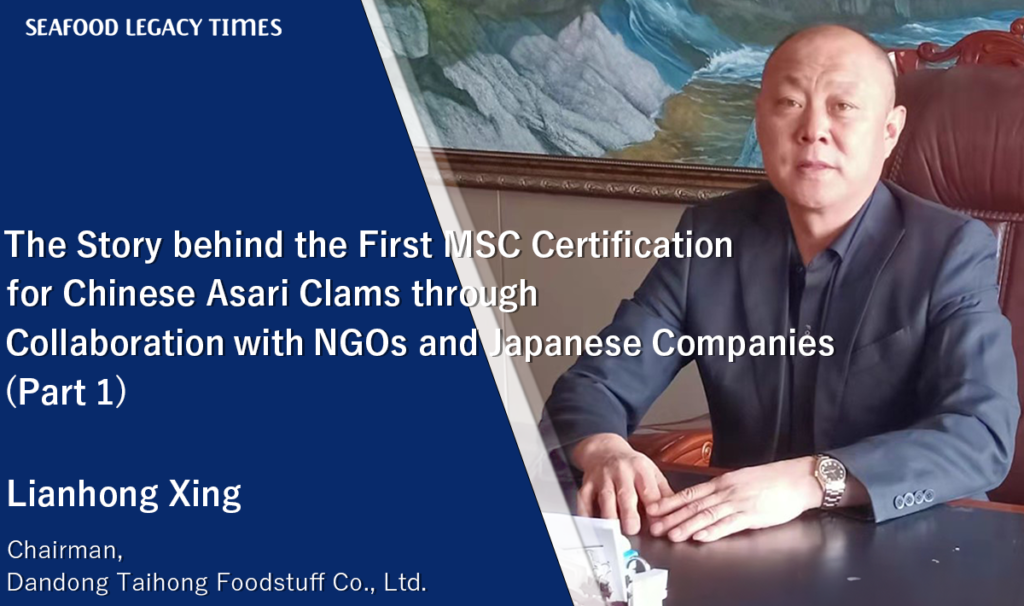

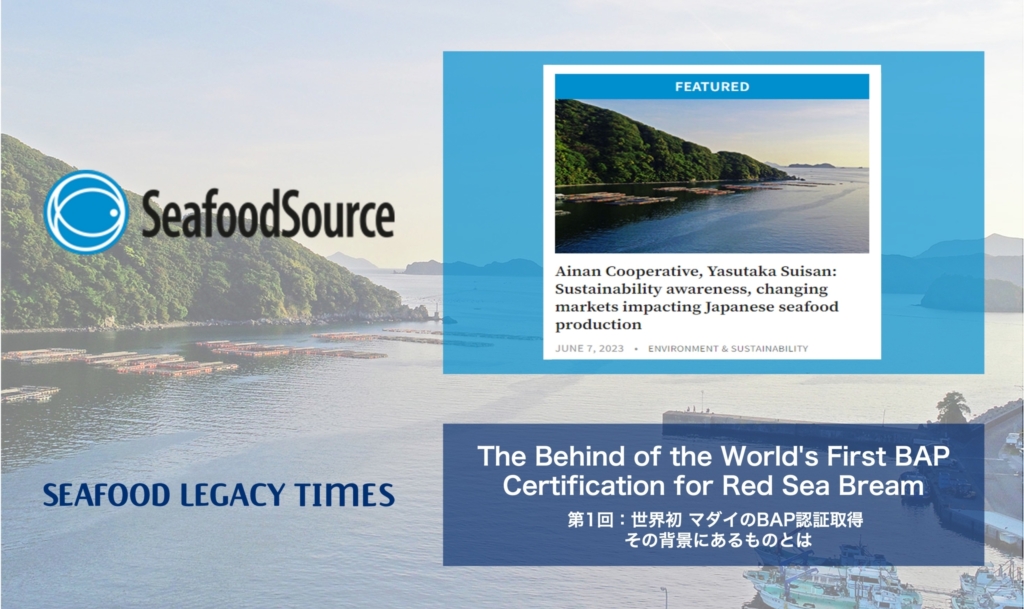

1_修正524-1024x606.png)


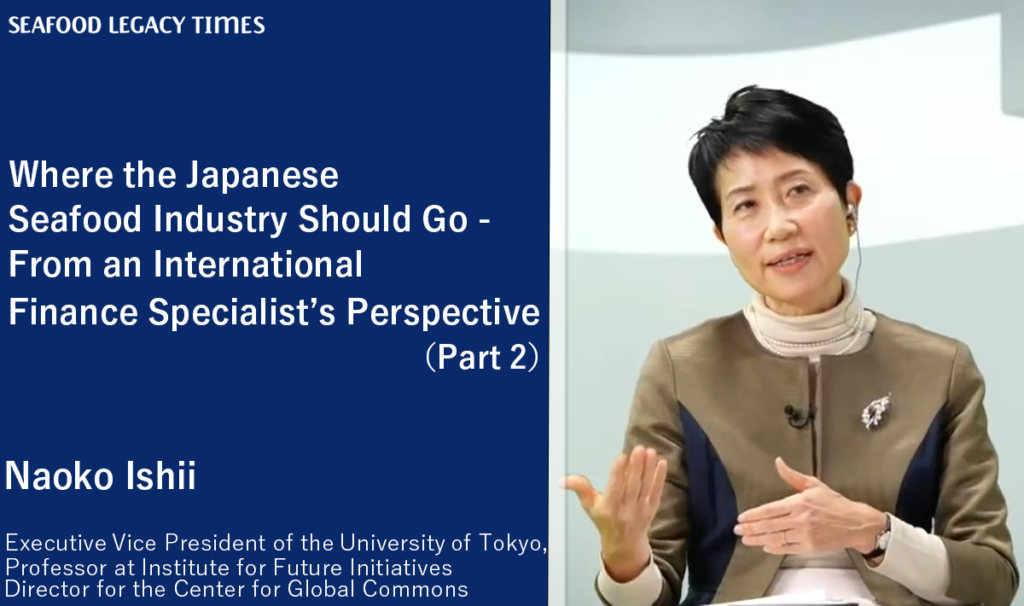







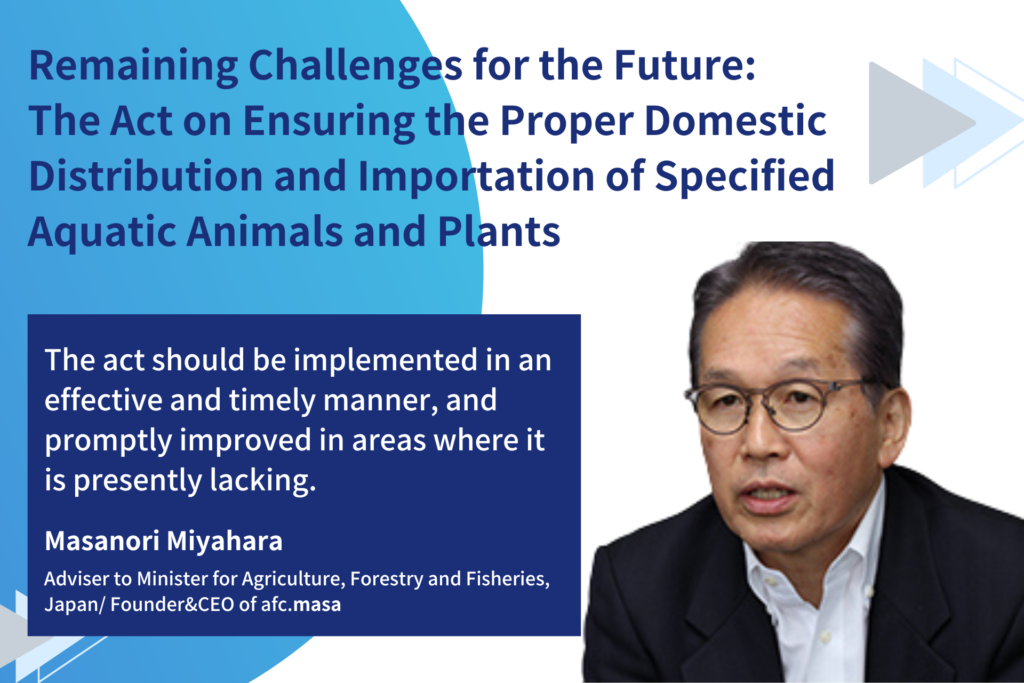
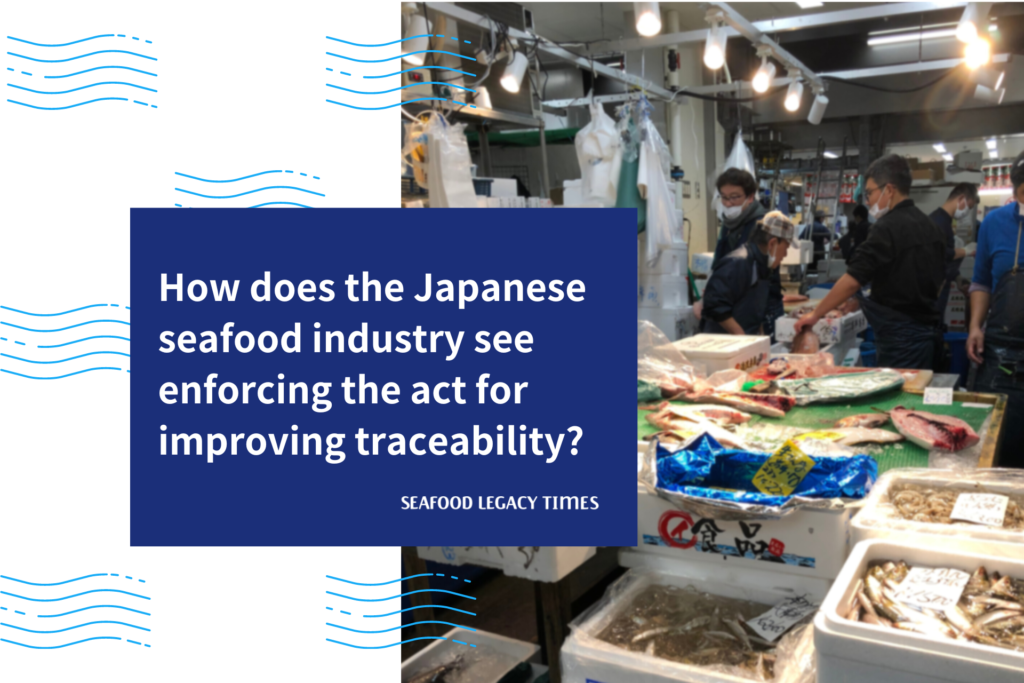



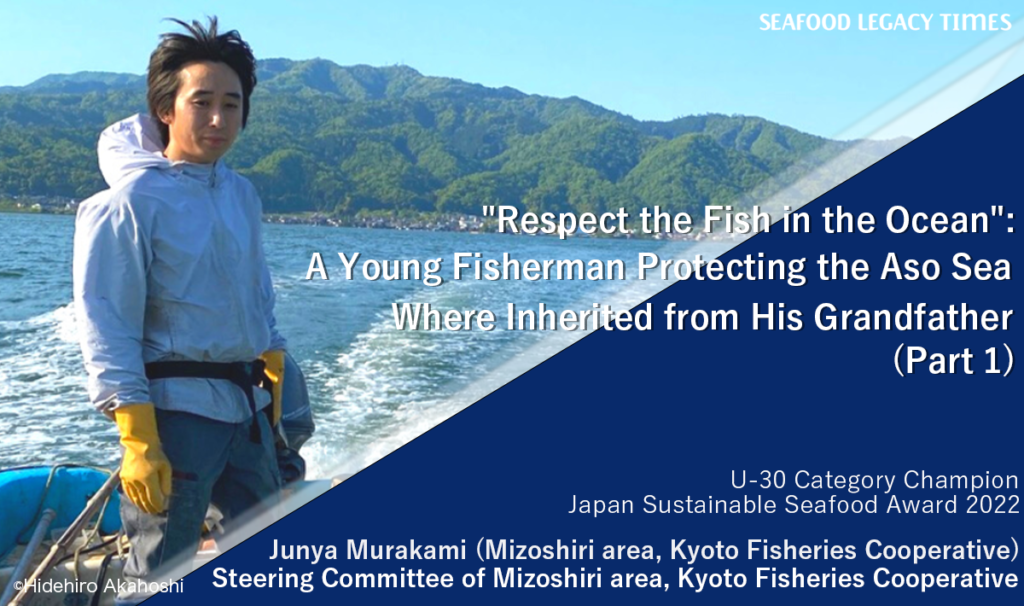
.2-1024x606.png)
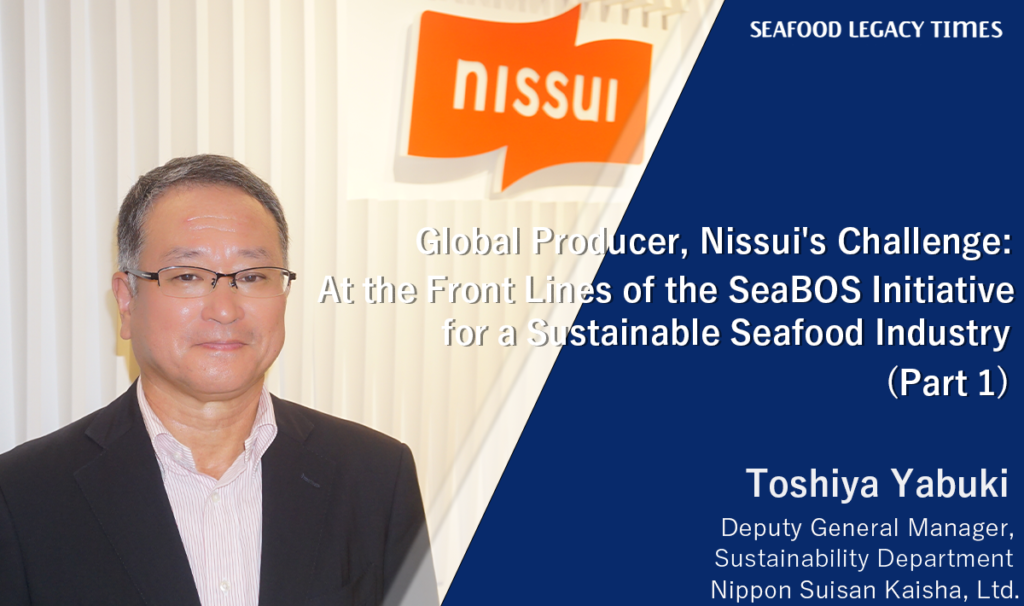
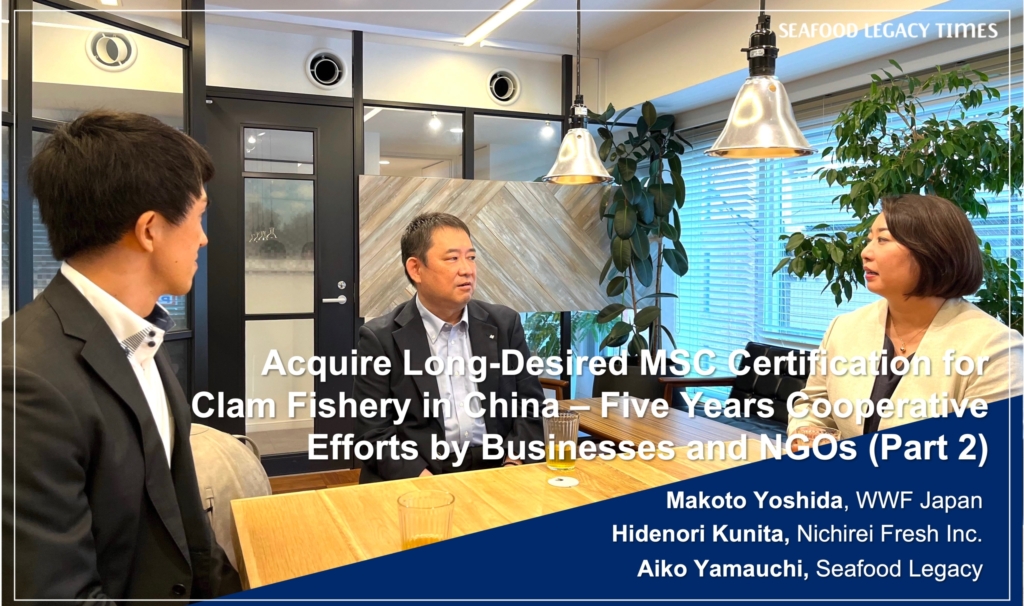
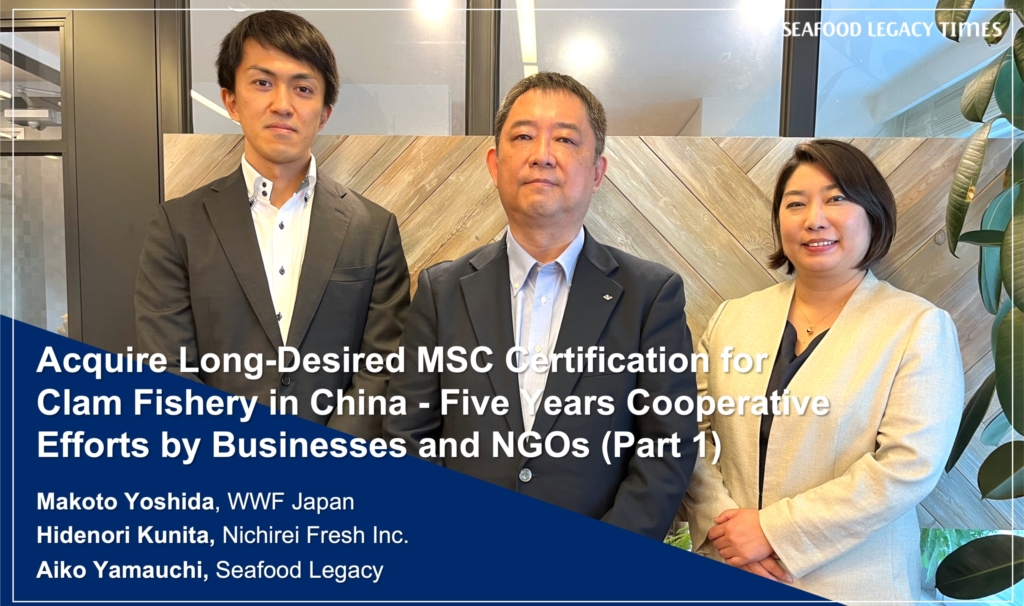






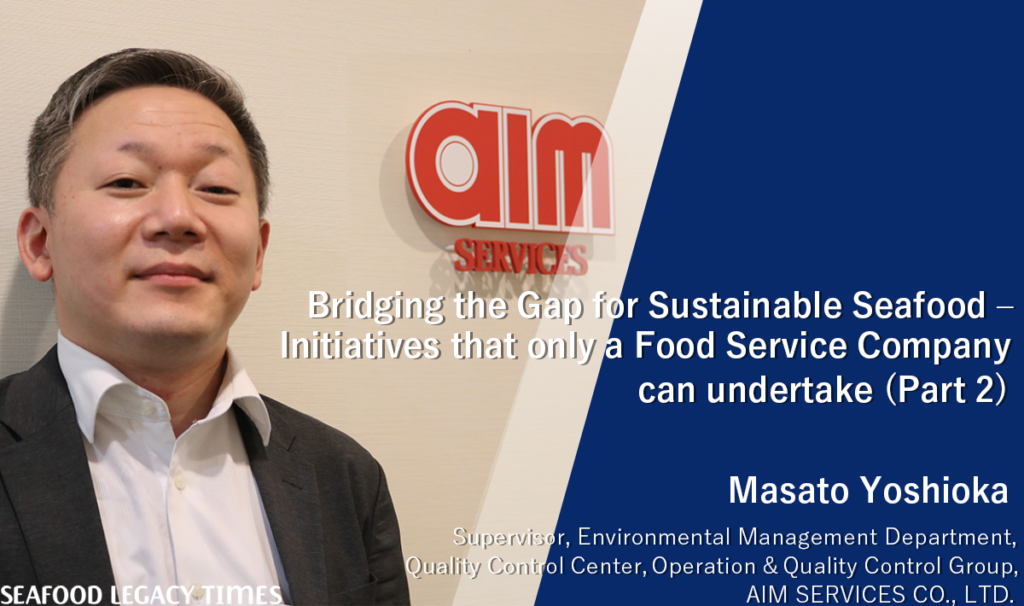
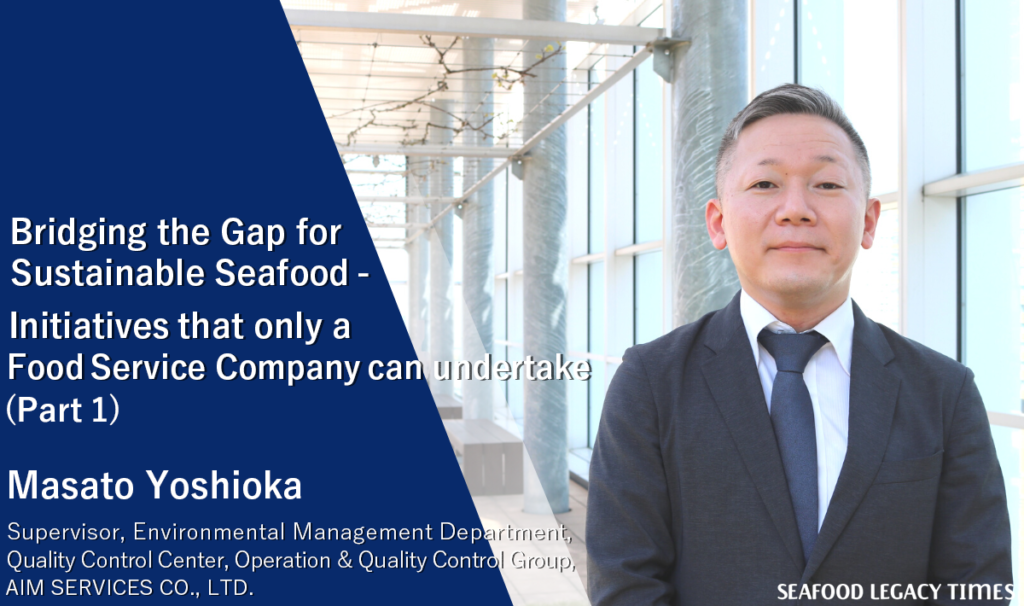
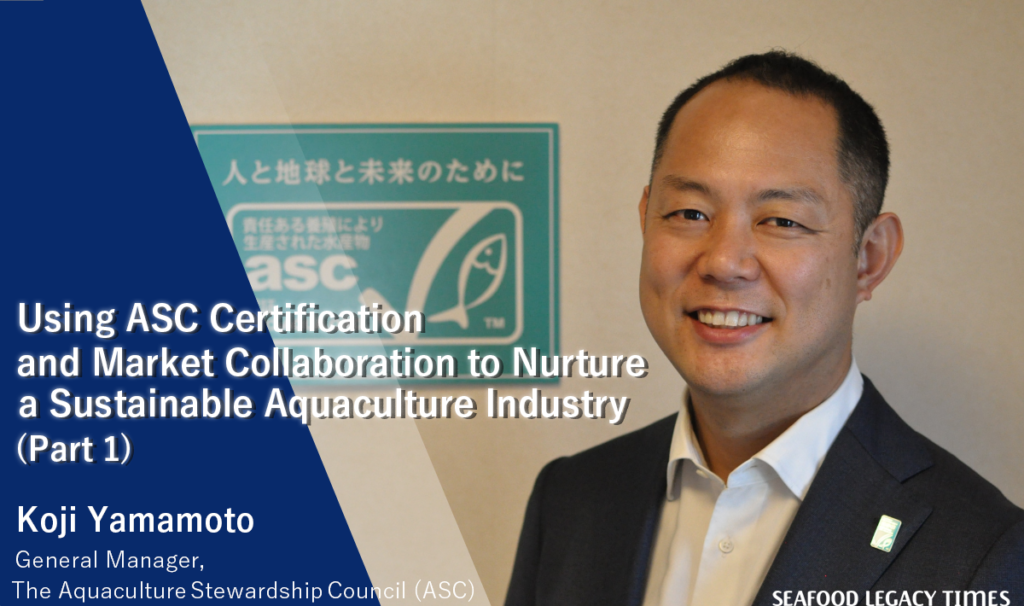
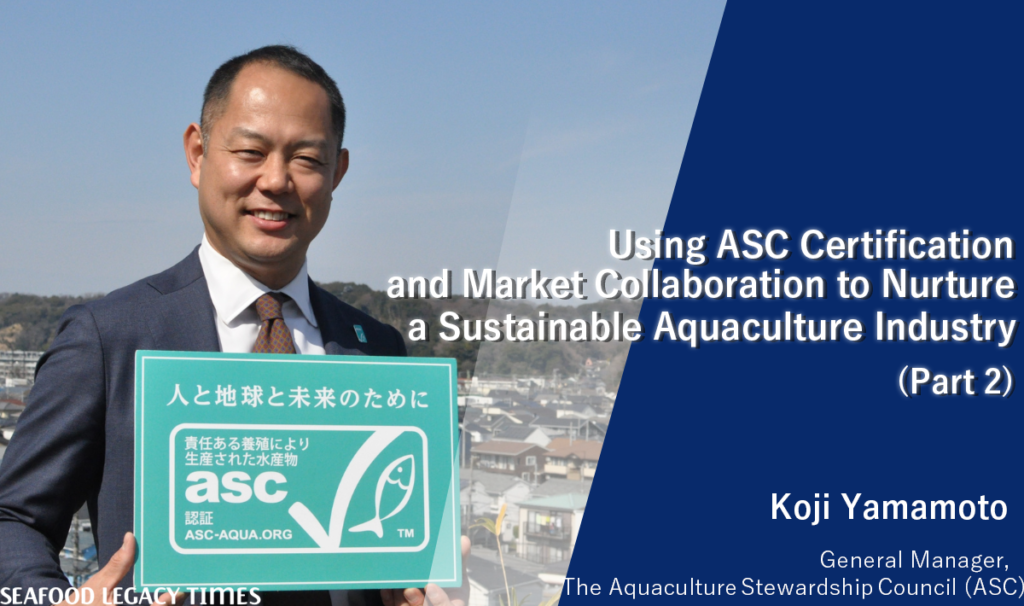
2-1024x606.png)
-1-1024x606.png)
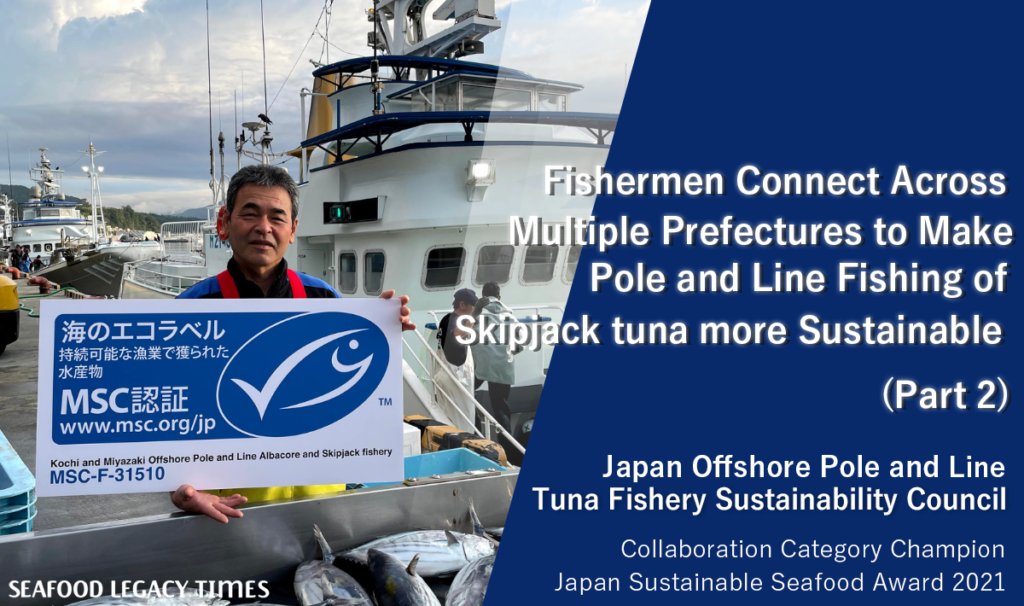
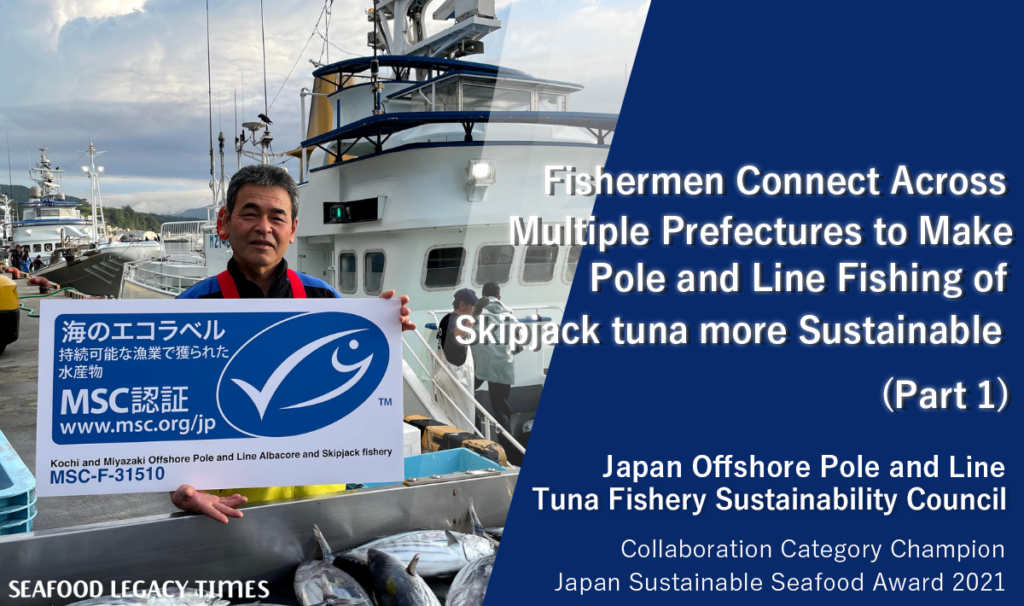
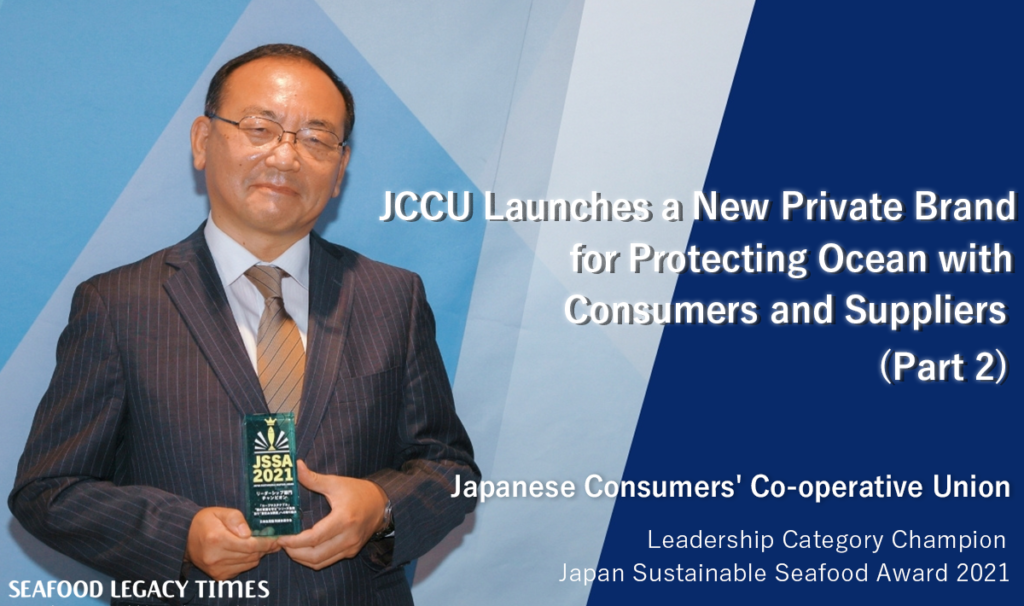
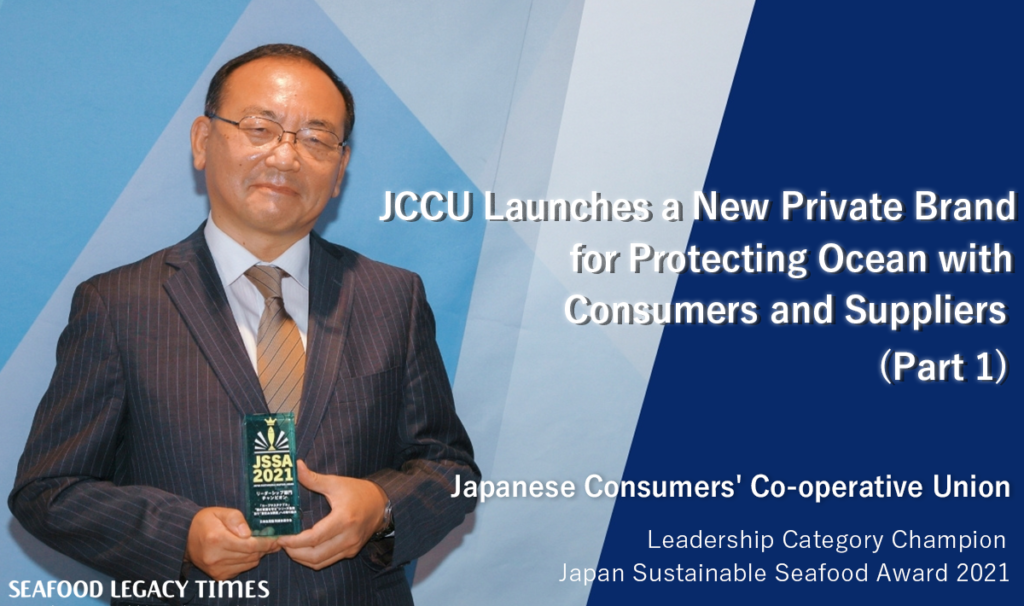
Part2-1024x606.png)
Part1-1024x606.png)
